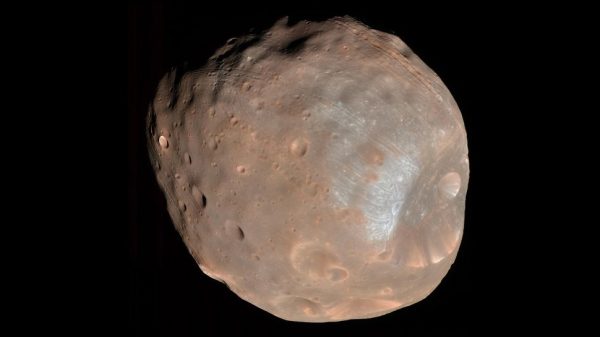
From Earth’s rocky, pockmarked satellite to ice-covered ocean worlds, our solar system is chock-full of moons. Some planets have dozens of them; others don’t have any. Astronomers find these satellites very interesting — geologically and, potentially, astrobiologically — and are eager to send probes to visit lunar destinations, such as Jupiter’s moon Europa and Saturn’s moon Enceladus.
So it might surprise you to discover that, currently, there is no scientific definition of a moon.
The scholars in charge of such an undertaking would be the International Astronomical Union (IAU), which approves and certifies the names of celestial objects, planetary scientist Francis Nimmo of the University of California, Santa Cruz, told Live Science. And he was unable to find a place where the group defines the term.


